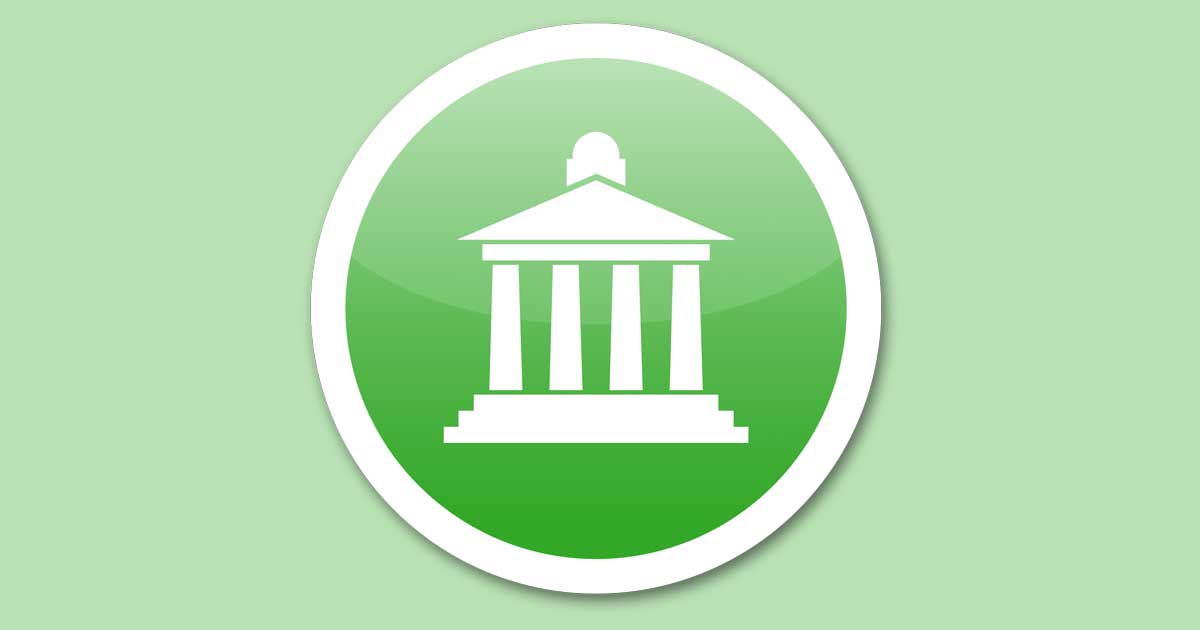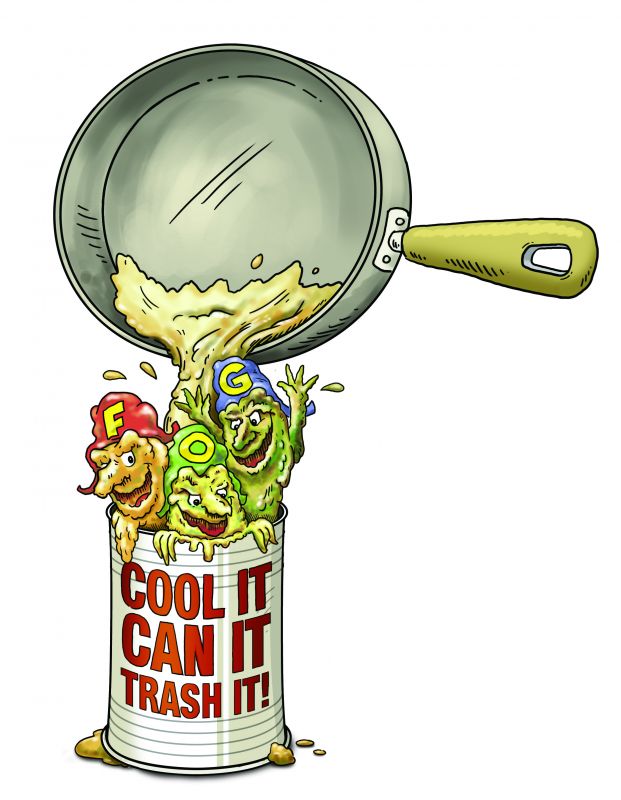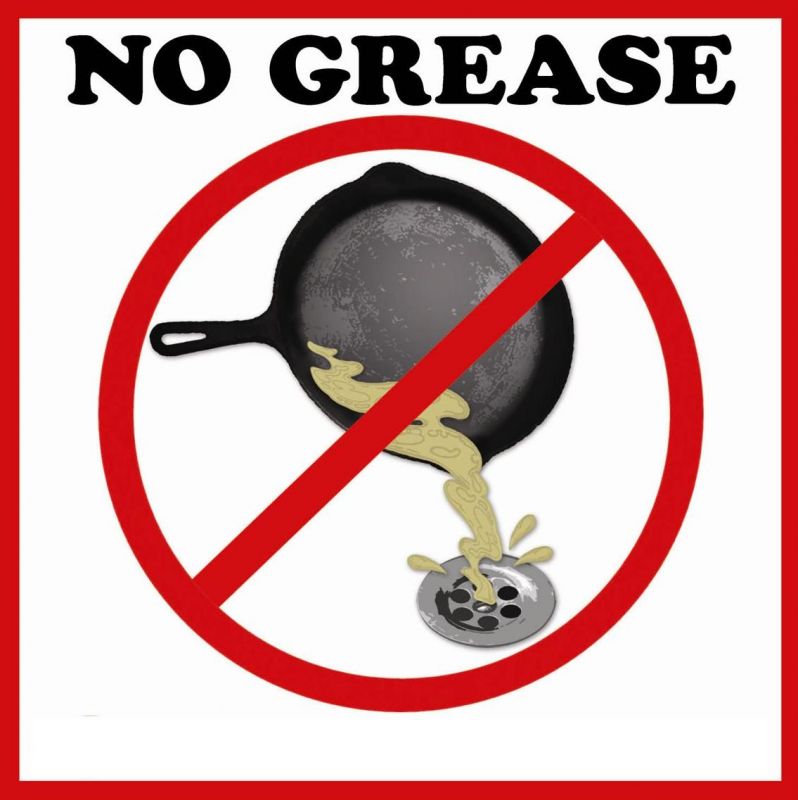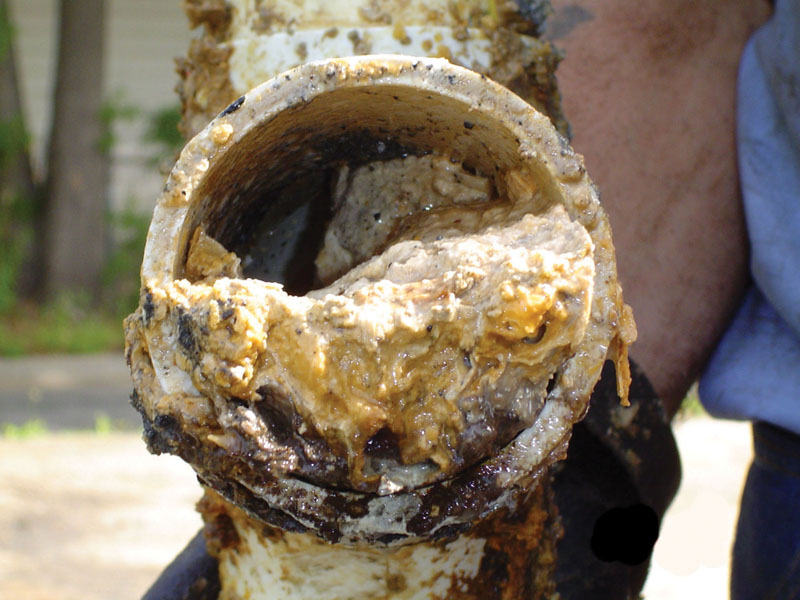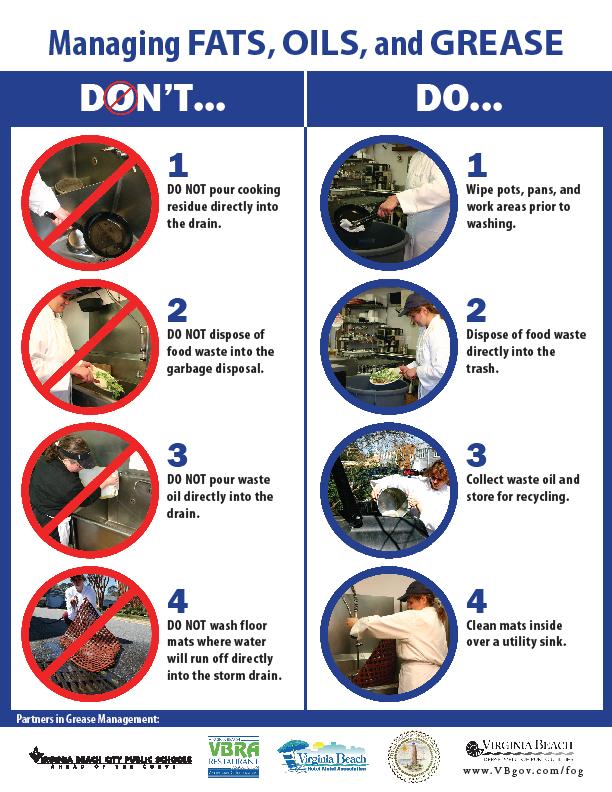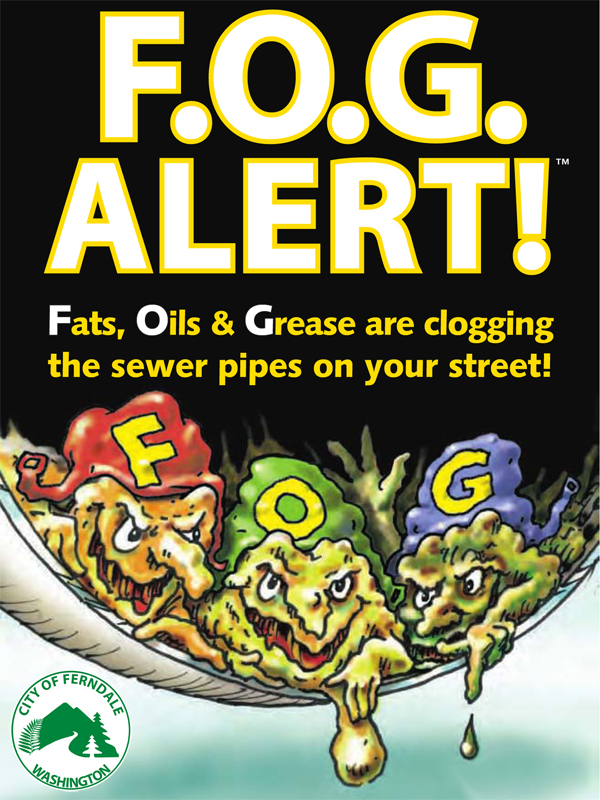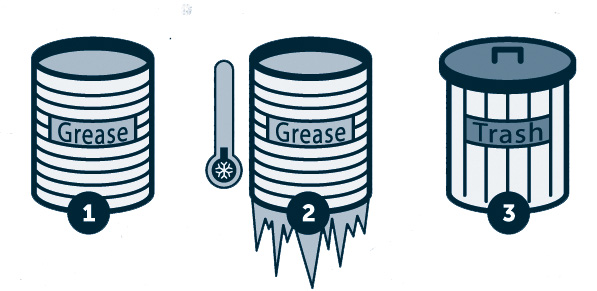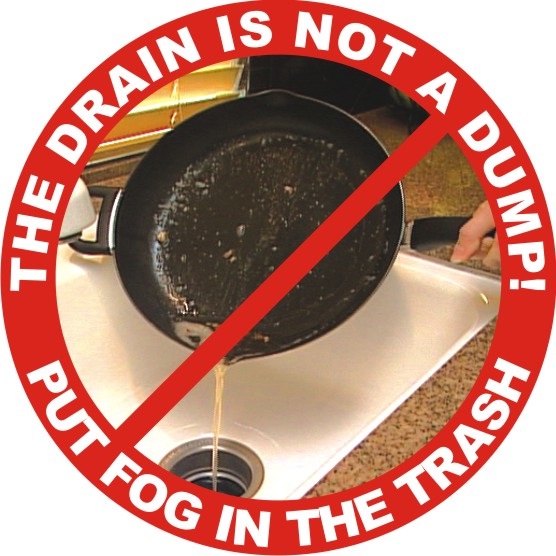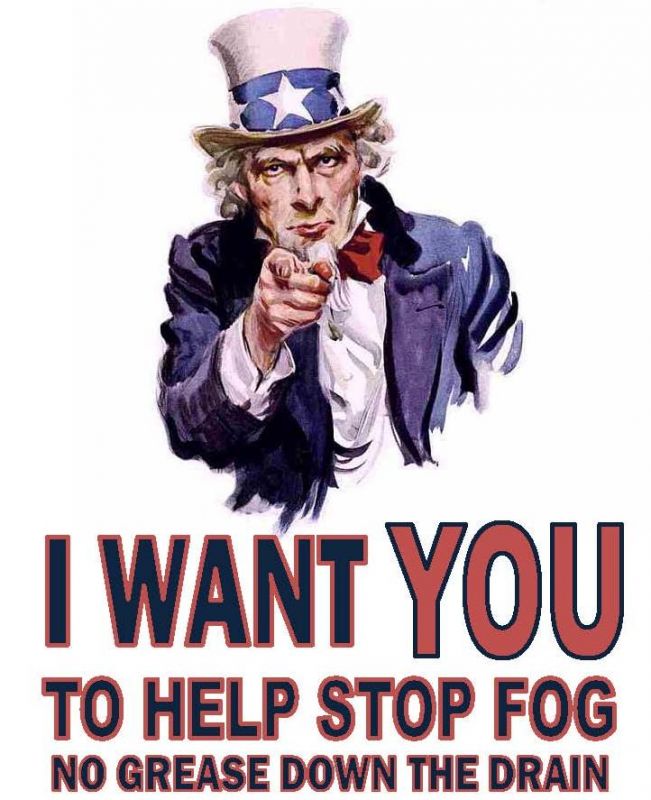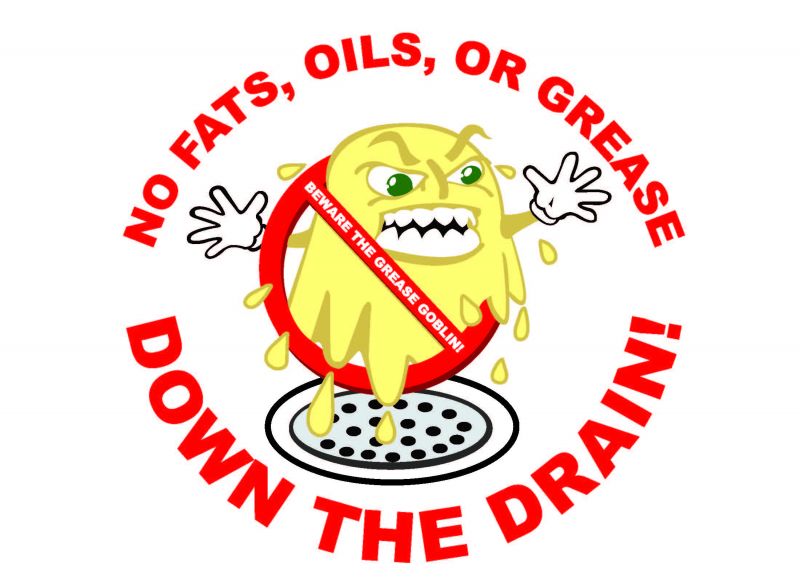Fats, Oil, & Grease Education
How to Prevent FOG from Damaging Your Home and the Environment
Fats, oils, and grease aren't just bad for your arteries and your waistline; they're bad for sewers too. Sewer overflows and backups can cause health hazards, damage home interiors, and threaten the environment. The second leading cause of all sewer overflows is grease blockages. Grease can get into the sewer from household drains as well as from poorly maintained grease traps in restaurants and other businesses.
Where does grease come from?
Most of us know grease is a byproduct of cooking. Grease is found in such things as:
* Meat fats, Lard * Dairy Products * Cooking oils * Shortening * Butter & Margarine * Food Scraps
* Baked Goods * Sauces & Soups
Too often, grease is washed into the plumbing system usually through the kitchen sink. Grease should never be poured down the drain. Many people are unaware that pouring hot water and detergent down the drain only breaks up grease temporarily. Grease then moves further down the sewer line and can cause problems in other areas. When grease gets into a sewer line it sticks to the insides of the pipes (both on your property and in the streets). Over time, the grease will build up and eventually block the entire pipe. The results can be:
* Raw sewage overflowing into homes, yards or/and streets
* An expensive and unpleasant cleanup that often must be paid for by the homeowner
* Possible contact with disease-causing organisms
* An increase in operation and maintenance costs by the Town, which causes higher sewer bills for customers.
What you can do to help
* Never pour grease down the sink drains and toilets.
* Pour small amounts of grease into a non-recyclable container (e.g., juice can, empty milk carton). Place the container in the refrigerator to harden the grease before disposal in the trash.
* Before washing, scrape grease and food scraps from plates, pots, utensils, and cooking surfaces.
* Home garbage disposals do not keep grease out of the plumbing system. Never put grease down garbage disposals. Be cautious of chemicals and additives (including soaps and detergents) that claim to dissolve grease. Some of these additives simply pass grease down pipes where it can clog the sewer lines.
For more information, please call (910) 289-3078.
